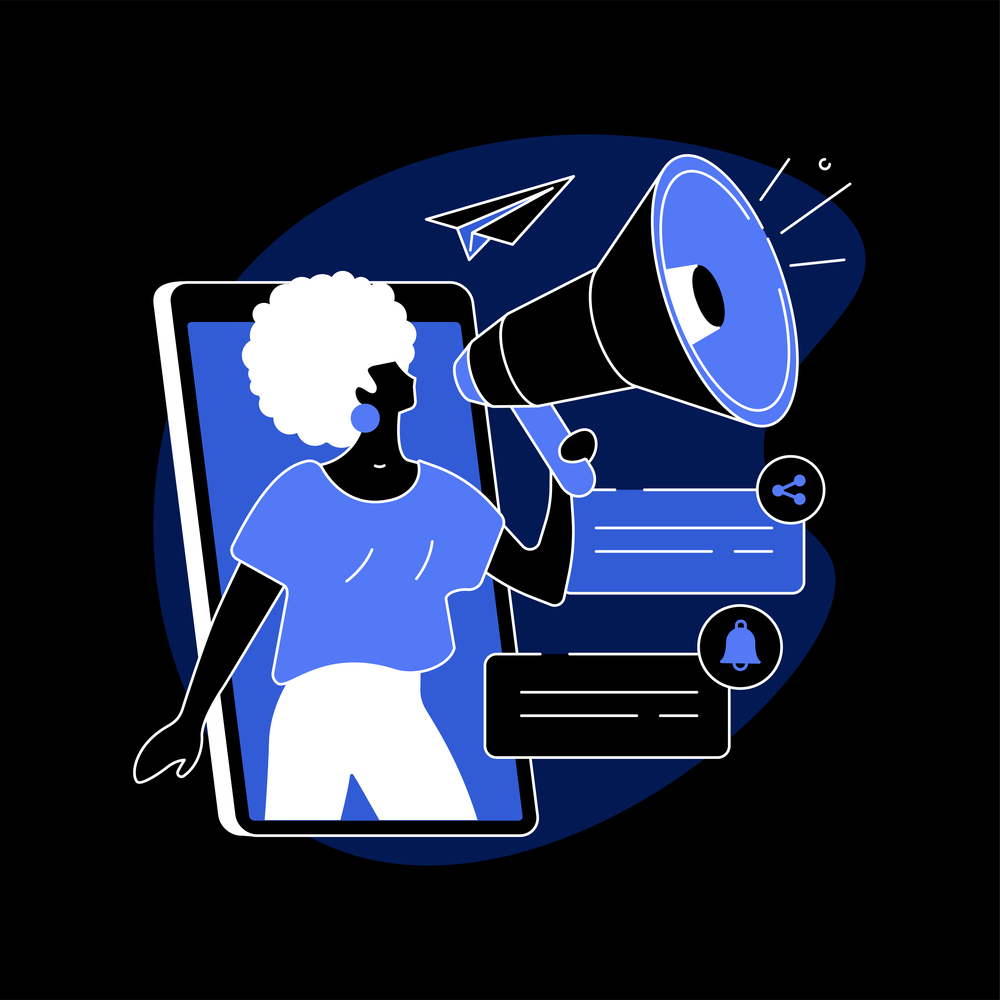
The Role of Self-Efficacy in Self-Help: A Psychological Analysis.
 Self-help is a popular form of personal development that emphasizes self-reliance and self-motivation. It includes various techniques and strategies for improving one’s physical, emotional, and mental health. Self-efficacy, a psychological construct introduced by psychologist Albert Bandura, plays a crucial role in self-help. In this article, we will explore the concept of self-efficacy and its role in self-help.
Self-help is a popular form of personal development that emphasizes self-reliance and self-motivation. It includes various techniques and strategies for improving one’s physical, emotional, and mental health. Self-efficacy, a psychological construct introduced by psychologist Albert Bandura, plays a crucial role in self-help. In this article, we will explore the concept of self-efficacy and its role in self-help.
Self-efficacy refers to an individual’s belief in their ability to accomplish a specific task or goal. It is the confidence that one has in their abilities to perform a task successfully. Self-efficacy is a significant determinant of human behavior, motivation, and achievement. It affects how individuals perceive and approach challenging situations, and it influences their response to failure and setbacks.
In self-help, self-efficacy plays a critical role in determining the success of the individual’s efforts. The higher the self-efficacy, the more likely an individual is to engage in self-help activities and to persist in their efforts. Individuals with high self-efficacy are more likely to set challenging goals, take risks, and persist in the face of adversity.
Research has shown that self-efficacy can be enhanced through various techniques, including cognitive-behavioral therapy, positive self-talk, and visualization. These techniques help individuals develop a more positive self-image and foster a sense of mastery over their behavior and emotions. They also help individuals develop a more realistic view of their abilities and limitations, which helps them set more achievable goals.
Self-help programs often use self-efficacy as a central component of their approach. For example, programs that focus on weight loss or smoking cessation emphasize self-efficacy by helping individuals develop a belief in their ability to change their behavior. These programs provide individuals with the tools and skills necessary to achieve their goals and help them build self-efficacy through positive reinforcement and support.
In conclusion, self-efficacy plays a crucial role in self-help. It is the belief in one’s ability to accomplish a task or goal, and it influences how individuals perceive and approach challenging situations. Self-help programs that focus on enhancing self-efficacy can be effective in promoting positive change and achieving long-term success. By developing a sense of mastery over their behavior and emotions, individuals can take control of their lives and achieve their goals.





